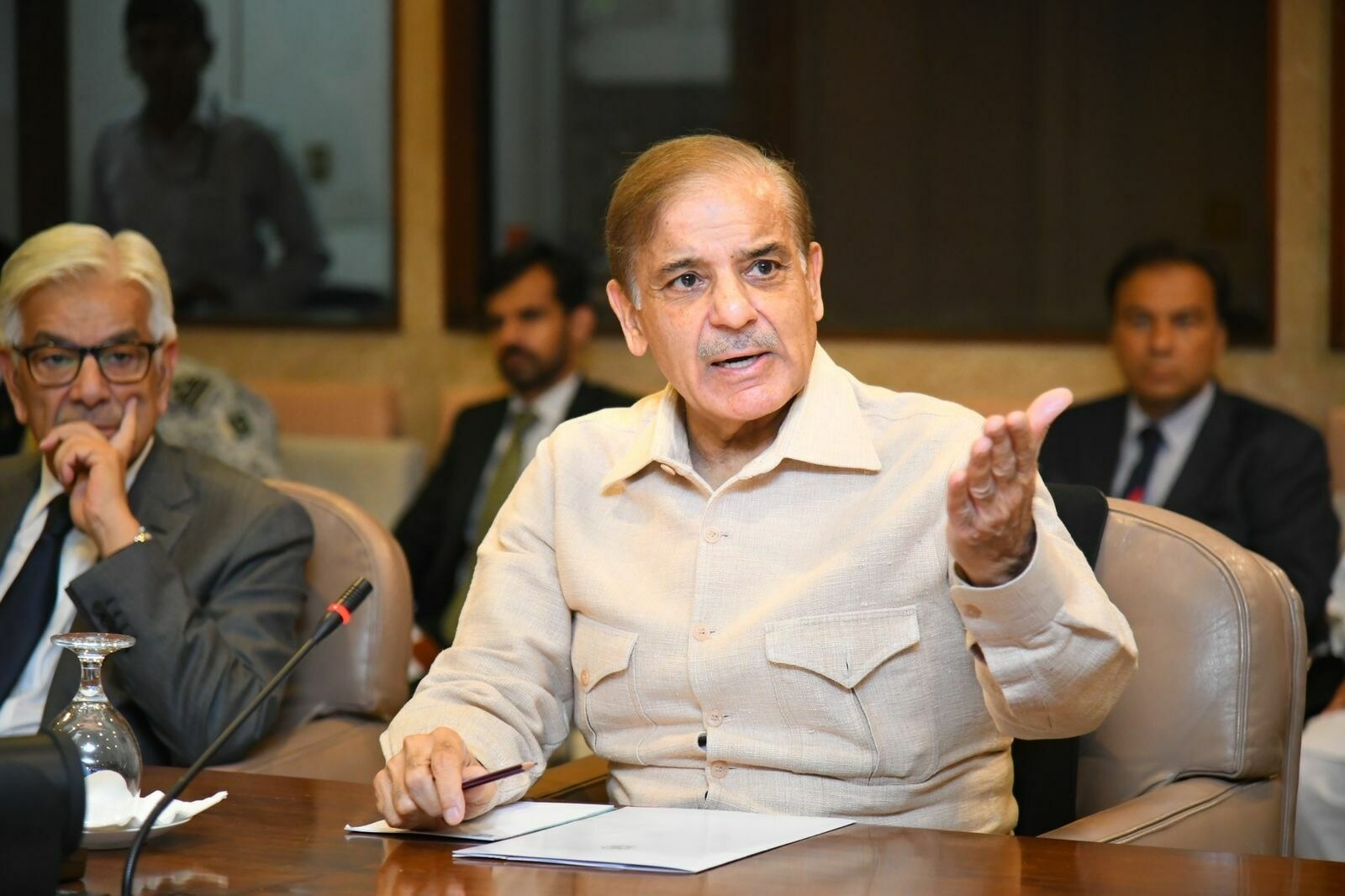PTBP Web Desk
Following the implementation of the 27th Constitutional Amendment, Pakistan has formally reconstituted several major judicial institutions responsible for oversight, accountability, and appointments within the judiciary. The development marks a significant shift in the country’s constitutional and judicial architecture, redefining how the Supreme Judicial Council (SJC), the Judicial Commission of Pakistan (JCP), and the Supreme Court (Practice and Procedure) Committee will function in the future.
According to an official press release issued by the Supreme Court of Pakistan, the reconstitution process was carried out through a coordinated effort between Chief Justice of Pakistan Yahya Afridi and Chief Justice of the Federal Constitutional Court Justice Aminuddin Khan, as required under the newly amended constitutional structure. The amendment has introduced a joint role for both courts in determining the membership of certain constitutional bodies, reflecting a major evolution in Pakistan’s judicial governance model.
Under the revised framework, the SJC—Pakistan’s highest constitutional body for judicial accountability—has been restructured to align with the new provisions. Justice Jamal Khan Mandokhail, currently the next most senior judge of the Supreme Court, has been jointly nominated as a key member of the Council. His nomination was finalized under Clause 2 (iiia) of Article 175A of the Constitution, which now requires the joint approval of the Chief Justice of Pakistan and the Chief Justice of the Federal Constitutional Court.
The inclusion of Justice Mandokhail is expected to strengthen the SJC’s mandate of ensuring transparency and accountability within the judiciary. The Council plays a central role in evaluating complaints, examining judicial conduct, and addressing allegations of misconduct against judges serving in the superior courts. With the reconstitution complete, the SJC will begin functioning under the revised legal mandate laid out in the amendment.
For readers who want further context, the role and scope of the SJC can be explored in detail via publicly available resources such as the Constitution of Pakistan (external link) or existing reference material on the Supreme Court’s official website (external link).
Another major institution affected by the amendment is the Judicial Commission of Pakistan, responsible for recommending appointments of judges to the superior judiciary. As part of the reconstitution process, Justice Aamer Farooq, the next most senior judge of the Federal Constitutional Court, has been nominated as a member of the JCP.
His nomination was completed under Clause 2(d) of Article 209, again requiring joint action by the heads of both superior courts. The updated structure aims to enhance accountability, transparency, and fairness in judicial appointments, a reform long demanded by legal experts and civil society.
The JCP plays a pivotal role in shaping the future of the judiciary by selecting individuals for key judicial positions. Its composition has become even more critical now that the 27th Amendment introduces a dual-oversight model between the Supreme Court and the Federal Constitutional Court.
For internal linking, readers interested in Pakistan’s constitutional amendments and judicial reforms may refer to your earlier article on judicial oversight updates in Pakistan (internal link).
In line with procedural reforms introduced under the Supreme Court (Practice and Procedure) Act, 2023, Chief Justice Yahya Afridi has nominated Justice Jamal Khan Mandokhail to serve as a member of the committee established under Section 2 of the Act.
This committee is responsible for determining how cases are constituted, how benches are formed, and how judicial matters are scheduled—effectively shaping the administrative functioning of the Supreme Court. With new membership in place, the committee will operate under the expanded constitutional framework introduced by the latest amendment.




